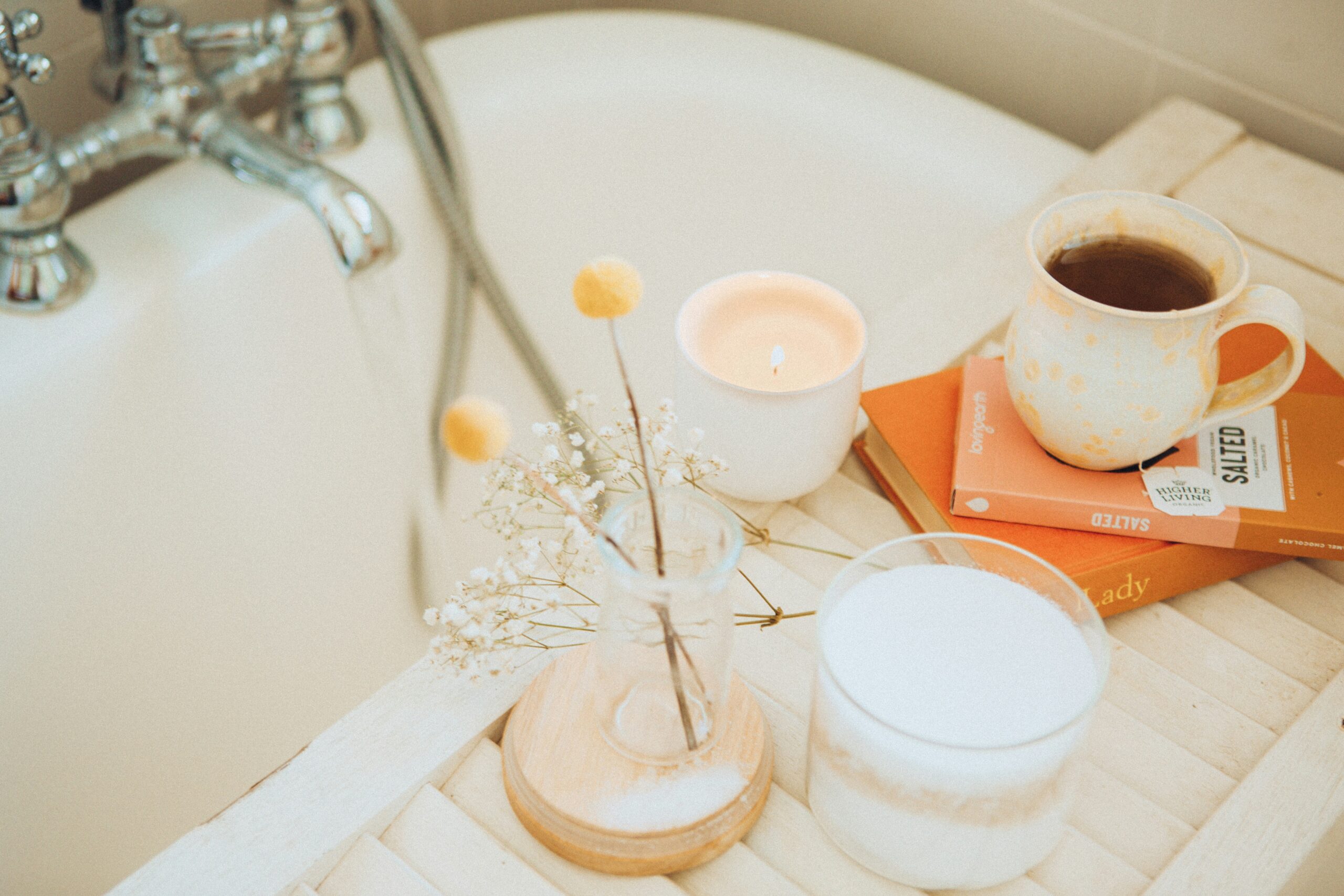Fall Self Care Ideas for Mental Wellness
August 5, 2025
As the weather cools and the leaves start to change, fall can be a great time to slow down and check in with yourself. The shift in season naturally invites us to get cozy, reflect, and create space for rest. This is also a perfect time to build small, supportive habits that care for your mental health. You don’t need a complete routine overhaul—just a few simple practices that help you feel more grounded and present. This blog will discuss fall-inspired self-care ideas to support your well-being as the season shifts.
Self-care is important because it helps us stay balanced, both mentally and physically. Taking time to care for ourselves—especially in small, consistent ways—can reduce stress, improve mood, and build resilience. It’s not about being selfish; it’s about making sure we have the energy and clarity to show up fully in our daily lives.
Taking time to connect with friends and enjoy fun activities in the fall is an important form of self-care. As the days get shorter and routines become busier, it’s easy to slip into isolation or feel overwhelmed. Intentionally making space for social connection—whether it’s a walk-through fall leaves, a cozy game night, or a seasonal outing—can boost your mood, reduce stress, and remind you that you’re not alone. These moments of joy and laughter are not just extra—they’re essential for maintaining emotional balance and building resilience as the season shifts.
Engaging your senses is a powerful yet often overlooked self-care tool that helps calm the nervous system and bring you back into the present moment. When stress or anxiety takes over, your body can feel tense, and your thoughts may race. Tuning into your senses—what you can see, smell, hear, taste, and touch—gives your mind a gentle break from overthinking. For example, taking a hot bath can soothe sore muscles and provide a feeling of safety and warmth. Lighting a scented candle or using essential oils can stimulate the sense of smell, which is closely linked to memory and emotion, often triggering feelings of comfort. Listening to soft music or nature sounds can help slow your heart rate and create a peaceful atmosphere. These small, sensory-based practices aren’t just indulgent—they’re intentional ways to support mental and emotional well-being, especially during the slower, quieter rhythm of fall.
A mental health professional can help by listening to you without judgment and providing support when you’re going through tough times. They can help you understand your feelings, teach you ways to cope with stress or anxiety, and guide you to make positive changes in your life.
References
Scott, E. (2024, March 6). 5 types of self-care for every area of your life. Verywell Mind. Retrieved August 28, 2025, from https://www.verywellmind.com/self-care-strategies-overall-stress-reduction-3144729
Scott, E. (2023, September 10). 10 easy self-care strategies to help you manage stress. Verywell Mind. Retrieved August 28, 2025, from https://www.verywellmind.com/importance-of-self-care-for-health-stress-management-3144704

GET the NEWSLETTER
Subscribe now and take the first step towards a more fulfilling and balanced life.
Site Credit
Terms and Conditions
Privacy Policy
Join the Conversation
Specialized therapy in DBT, CBT, and Mindfulness, fostering mental health and personal growth for individuals and families.
Nav
You're on the list! keep and eye on your inbox!